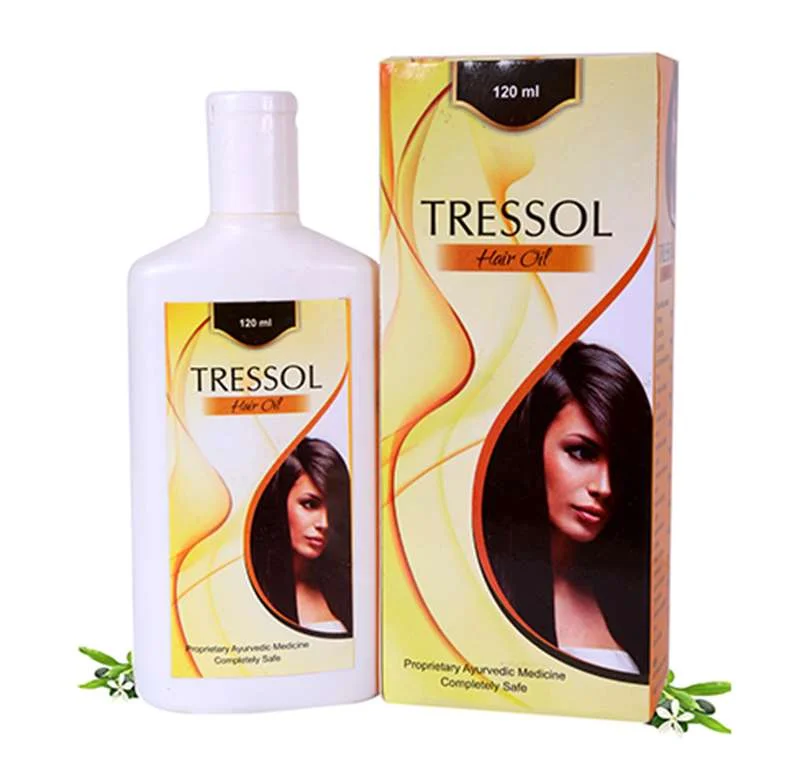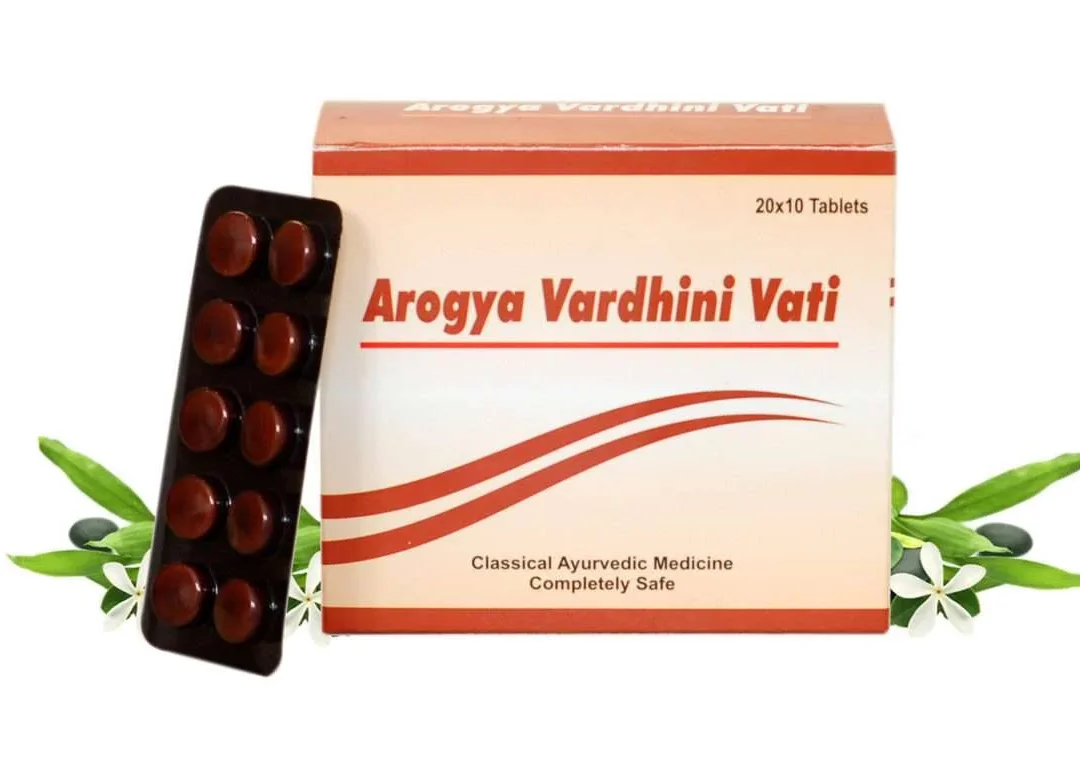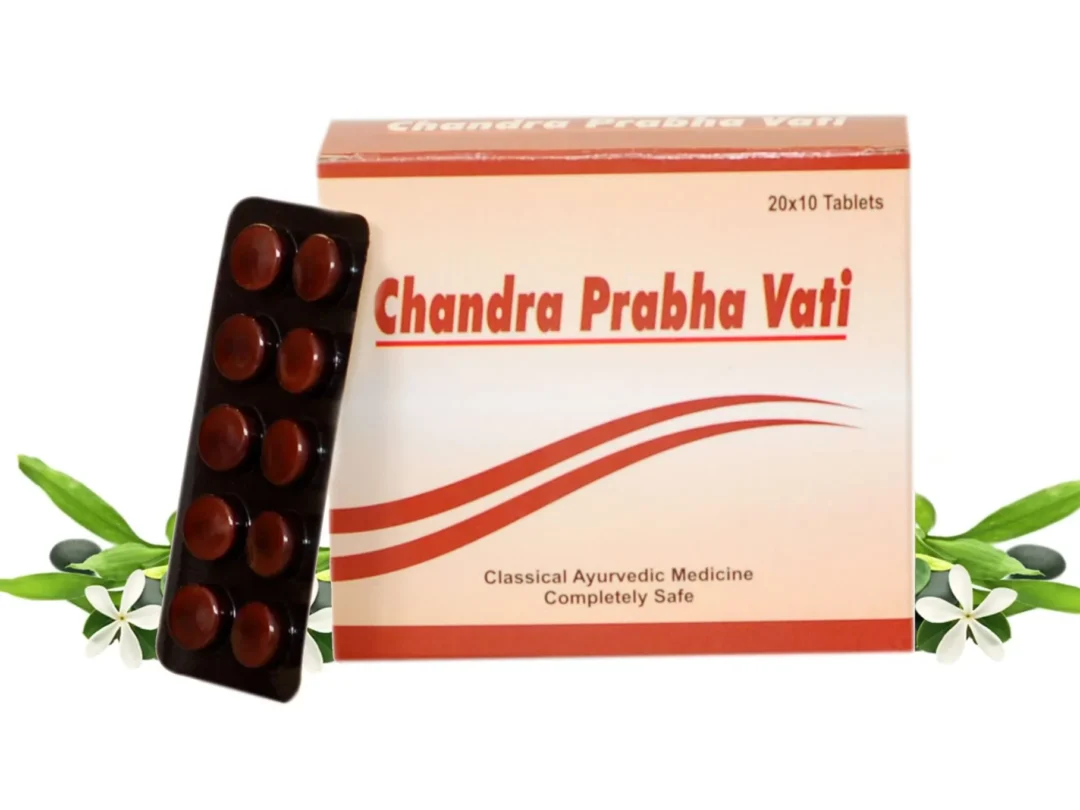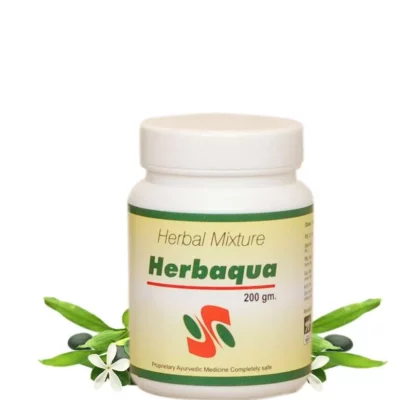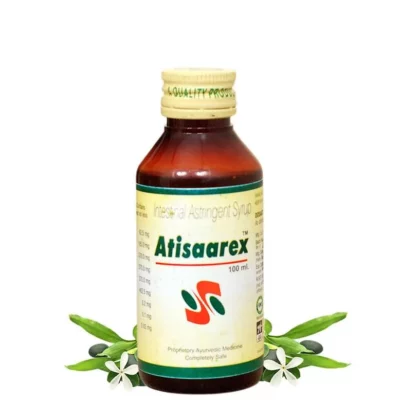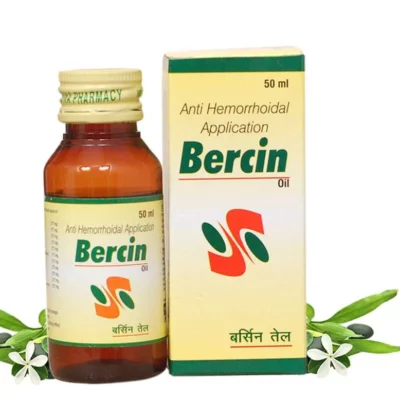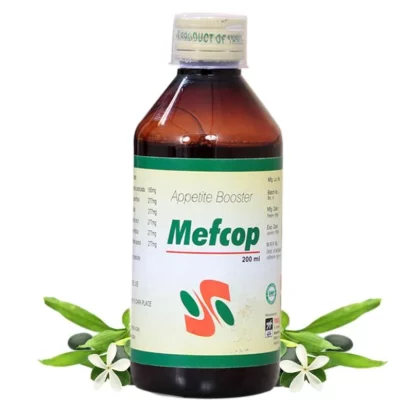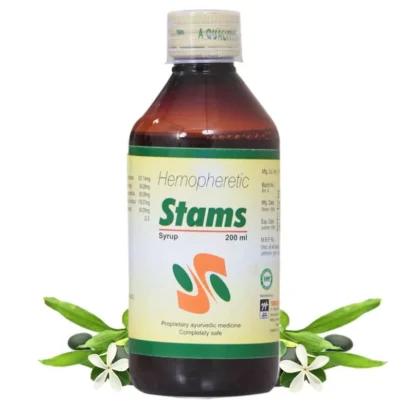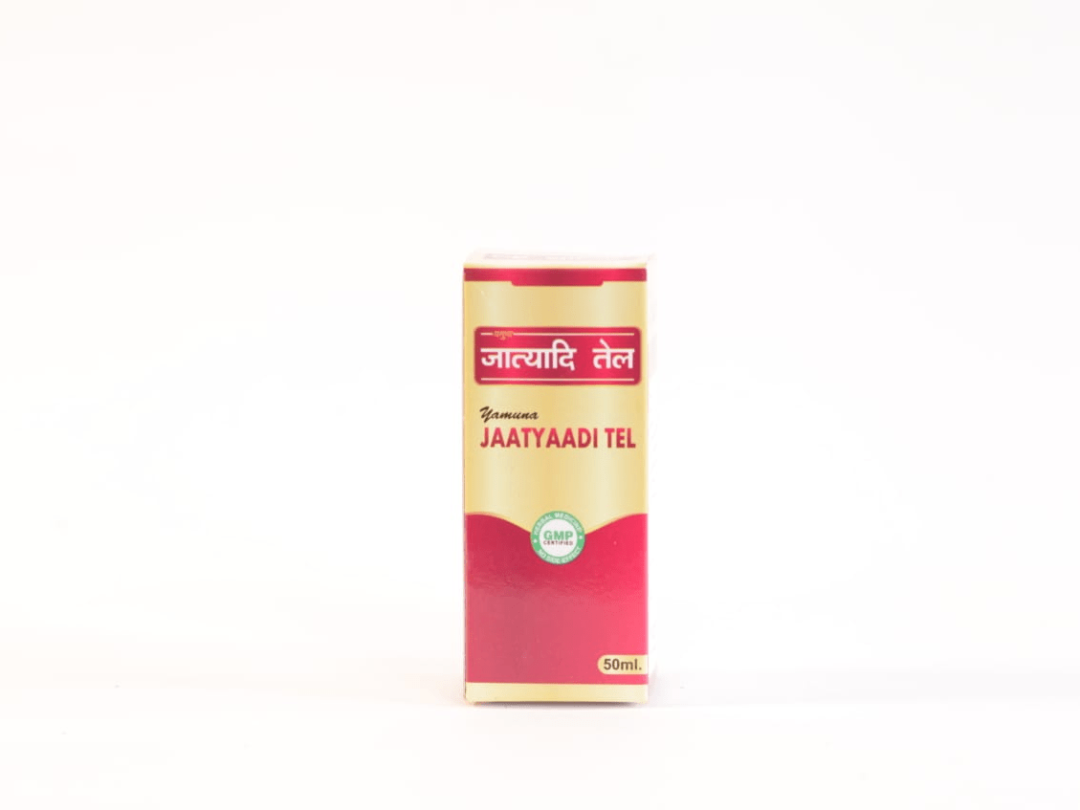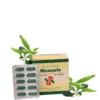According to World Health Organization (WHO), cancer has become the most dangerous killer in the world as it is spreading drastically in the 21st century.
Cancer according to Ayurvedic Concept:
According to Ayurvedic concept mentioned in Charak and Sushrut Samhitas, it is described as inflammatory or non ? inflammatory swellings which is mentioned as:
- Arbuda (Major neoplasm)
- Granthi (Minor neoplasm)
Arbuda is a Sanskrit word for tumor. According to Master Sushrut, the three doshas, when aggravated may develop a malignant tumor.
This tumor will have the following features:
- Round
- Firm
- Large
- Deeply rooted in the body
- Showing no suppuration
- A swollen and fleshy growth
- Slow growth
The types of Granthi (Benign tumor) as explained in Ayurveda are:
- Vatika Granthi
- Paitika Granthi
- Kaphaja Granthi
- Rakta Granthi (Blood)
- Mamsa Granthi (Muscle tissue)
- Medas Granthi (fatty tissue)
- Asthi Granthi (bone tissue)
- Vrana Granthi (ulcer)
Benign tumors, when detected in early stage are curable because the drying, contracting and compressing nature of Vata dosha have closed the blood vessels. This has made it impossible for the tumor to root deeply into the tissues. Therefore, the growth and nourishment are highly limited.
?What is the Ayurvedic treatment of Cancer?
The treatment of cancer in modern medicine is known to be burdened by drug-induced as well as radiation- induced side effects.
The main difference between the modern and Ayurvedic treatment of cancer is that Ayurveda does not have any aggressive treatments in the form of radiation, chemotherapy etc. as Ayurveda stimulates the self-healing abilities of the body. Ayurveda has a wide range of therapies, herbs and herbal formulations to support the body tissues for natural recovery.
The main issue is that the patient approaches to Ayurvedic treatment after taking radiation or chemotherapy, the body is severely depleted at this stage. But, Ayurveda works at this stage also by helping the patient to regain his lost strength through the prescription of Rasayanas.
The main goal of Ayurvedic treatment is to treat the root cause of the illness while the therapeutic approach of Ayurveda is divided into 4 categories such as:
- Prakratisthapani Chikitsa (Health Maintenance)
- Rognashini Chikitsa (Cure of the disease)
- Rasayan Chikitsa (obtaining healthy tissues by the prescription of rejuvenating herbs)
- Naishthiki Chikitsa (Spiritual approach)
Yamuna Pharmacy has manufactured a proprietary herbal formulation ? Metostab Capsule for cancer treatment.
Metostab Capsule is a polyherbal preparation of botanicals, phytoextracts and minerals such as Kanchnaar, Haritaki, Vibhitak, Amla, Varun, Guggulu, Brahmi, Gokhru, Shigru Patra, Shilajit, Shushka Kaseesak, Gandhak, Khatika etc.
- It helps in cancer treatment by balancing the vitiated doshas, reducing the size of growth and mitigates the inflammation.
- Regular consumption of these capsules also helps in treating cysts present in the ovaries and helps in alleviating Poly Cystic Ovarian Disorder (PCOD) in females.
- It also treats sub-dermal muscular and neuromuscular cysts present in the internal organs.
Some Ayurvedic Classical Herbs and Herbal Medicines for the treatment of Cancer are:
- Turmeric (Curcuma longa): Turmeric is a precious herb in Ayurveda. Now a days, turmeric supplements are also becoming famous in the western world which are used for therapeutic purposes.
- This golden spice has been found to be useful in the management of cancer.
- It helps in preventing and treating cancer through its anti-oxidant and anti-inflammatory properties.
- It also protects the organs and tissues from damage caused by the free radicals that are released as a by-product of various processes in the body.
- Curcumin along with black pepper (Piper nigrum) is quite effective in the treatment of cancer as black pepper helps in clearing the blockages.
- Kanchnaar Guggul: Kanchnaar Guggul is a classical Ayurvedic preparation. Its reference is found in Bhaishajya Ratnavali, 44th Its main ingredients are:? bark of Kanchnaar tree (Bauhinia variegata).? and Guggul (Commiphora mukul).
- Kanchnaar guggul along with other medicines is useful in various types of cancer, uterine fibroids, cysts, tumor, non-cancerous tumors etc.
- Tulsi (Ocimum sanctum): Tulsi is known as ?Queen of Herbs? in India.
- Tulsi plant contains anti-carcinogenic and anti-oxidant properties.
- These properties are helpful in killing free radicals in the body.
- It also prevents pre-cancerous cells from growing.
- Guggul (Commiphora mukul): Guggul is a gum derived from the tree bark of Commiphora mukul
- Guggul contains compound known as guggulsterone which inhibits the growth of a wide variety of tumor cells and induces apoptosis.
- Due to its sweetness, it balances Vata dosha in the body, due to its astringent properties, it balances Pitta dosha and due to its bitter principles, guggul helps in balancing kapha dosha. Hence, guggul brings about Tridosha balance in the body.
- Heerak Bhasma: Heerak Bhasma, also known as Vajra Bhasma is an ayurvedic medicine mainly used in the treatment of tumor and cancer.
- Heerak bhasma has all 6 tastes and it pacifies all the three doshas and also increases the potency of other medicines.
- In Ayurveda, it is said that its main action appears on the dominance of Pitta dosha in the body and the second observable action is seen on an increase in Kapha dosha. As a result, it improves overall metabolism in the body.
- It is considered as anti-cancer, anti-mutagenic, immunomodulatory, cardioprotective, anti-oxidant, anti-inflammatory, anti-obesity in nature.
- In combination with other medicines, it is beneficial in cancer and prevents metastasis and further spreading of the cancer cells in the body and improves overall health and lifespan.
?Diet and Lifestyle:
- Eat greens to stop blockages such as mint leaves, coriander leaves, spinach leaves, radish leaves, curry leaves etc.
- Eat living foods such as fresh fruits and juices as these contain anti-oxidants.
- Consumption of fresh coconut water is also beneficial.
- Cancerous cells grow more in acidic medium. Foods such as canned foods, packaged foods should be strictly avoided.
- Use of microwave for cooking food is not recommended.
- Cooked hot food should not be kept in plastic bags.
- Use of tobacco and cigarettes should be avoided.
- Reheating of cooked food should not be done.


